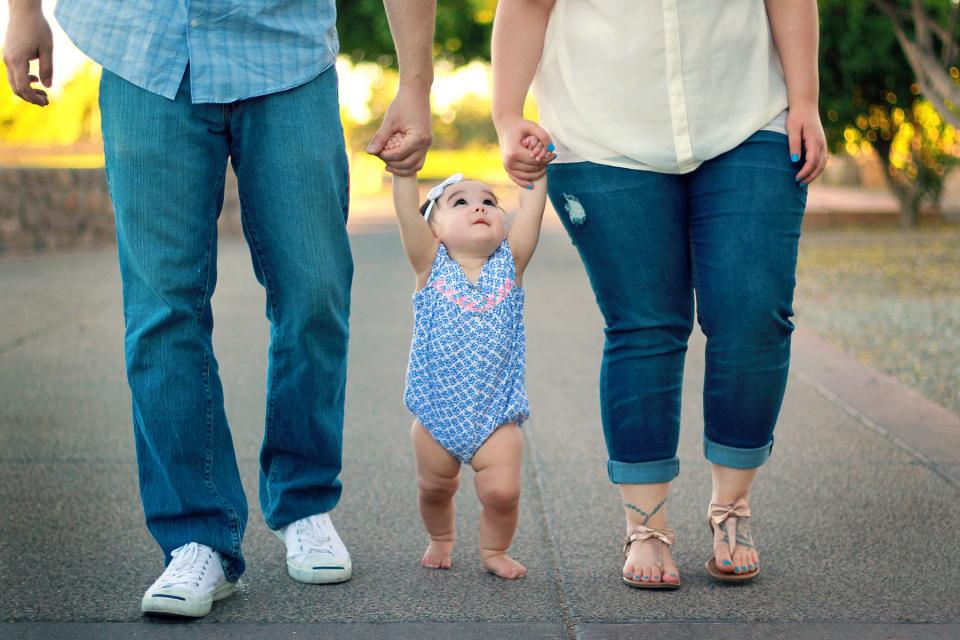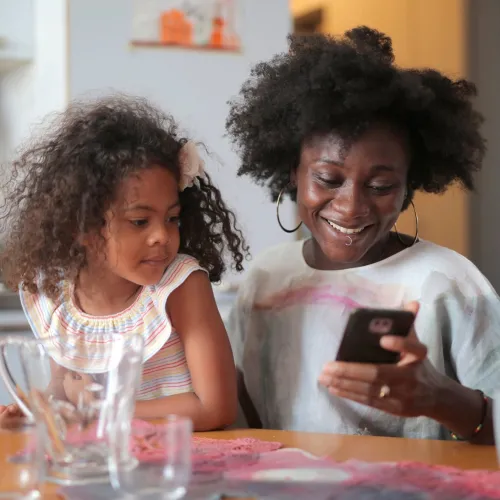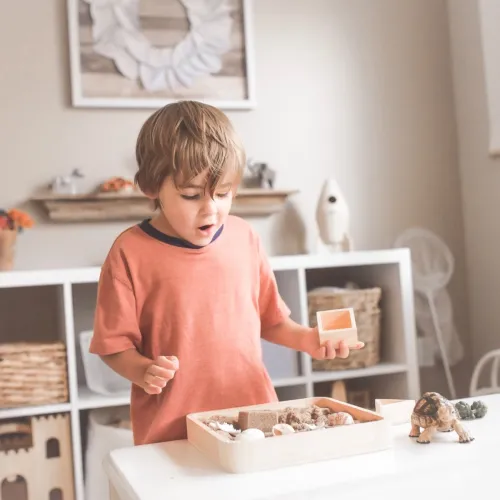Staying Friends After Divorce

Couples reach the decision to divorce or separate for various reasons, but no matter the reason, it's often a hard one to make. Ending any intimate relationship is a difficult process, and many wonder if it's possible to get through a divorce as friends.
Certain circumstances will make that nearly impossible. High-conflict divorce proceedings rarely foster feelings of friendship immediately after a divorce, and some former couples may never wish to see their ex-partners again. But for parents, life after divorce is guaranteed to contain some level of communication and interaction.
To stay friends after a divorce might be too big of an ask for some co-parents. But remaining friendly is well within the realm of possibility for many. And committing to a baseline of amiability not only makes co-parenting easier, but it also allows for the chance of reestablishing a friendship at a later time.
If you're ready to make the commitment to staying friendly, these 4 lessons will support your efforts.
Giving It Time
Immediately following the end of an intimate relationship, emotions are often scattered. Anger, confusion, regret, and sadness are all common, and it's not always easy to know how to handle these strong feelings.
Taking some time to work through your own emotions is an important step that should not be overlooked when ending a relationship. Give yourself time to grieve. Seek out close friends and family, and talk about how you're coping with your divorce. You may also consider talking to a neutral third party, such as a therapist, who can give you impartial guidance on how to accept your divorce and move on.
Setting Healthy Boundaries After Divorce
Part of ending a relationship means letting go of the level of closeness you once had with a person. This also means giving that person a new level of space.
You shouldn't pry into the personal life of your co-parent when it doesn't directly affect you or your kids. Remove yourself from spaces that could cause you to spend too much time wondering about their personal life.
If you share mutual friends with your co-parent, talk to those friends and ask that they don't plan events where both of you will attend, at least for a while. And while turning to friends to vent during a divorce is natural, think hard about the consequences of doing so with these mutual friends. Setting healthy boundaries after divorce, after all, does not only apply to your interactions with your co-parent.
Thinking About the Future
As your kids grow, you'll cross many milestones as a family. Even when they reach adulthood, your co-parenting relationship will never fully end. From birthdays and graduations to weddings and grandkids, neither you nor your co-parent will want to miss a thing.
Keeping those milestones positive will be much harder if you and your co-parent can’t be in the same room without fighting.
Kids want both of their parents to be involved in these moments and part of the memories they take from them. They shouldn't have to worry about their parents being at each other's throats on special days.
Think honestly about the future and how you envision spending special occasions. Staying friends after divorce, or at least being cordial to each other, is a good step towards being able to enjoy those moments as a family.
Rediscovering Life After Divorce
Ending a relationship creates a perfect opportunity to really focus on yourself and how you want to use your time. The needs and goals you had while in your relationship may no longer apply, and you'll need to take a fresh look at what's truly important in your life.
This might include some adventuresome new experiences. Try new foods, learn another language, travel someplace you've never been, meet new people, and allow yourself to be open to new opportunities. It can also mean rediscovering old passions that have since fallen by the wayside.
You never know how rewarding something might feel until you try it. These experiences, whether they're a hit or not, can only serve to deepen your knowledge and understanding of yourself. And those insights can have a positive effect on your relationships with other people, including your co-parent.
The question of how to divorce as friends may be impossible to answer for some co-parents. But by asking how to remain friendly after a divorce instead, many co-parents can lay the groundwork for a healthy and fruitful shared parenting partnership. So allow yourself some time to accept your divorce and move on before pressuring yourself to be friends with your co-parent. Set healthy boundaries, invest extra time in yourself, and understand that your efforts can lead to a full future filled with happy family moments.



